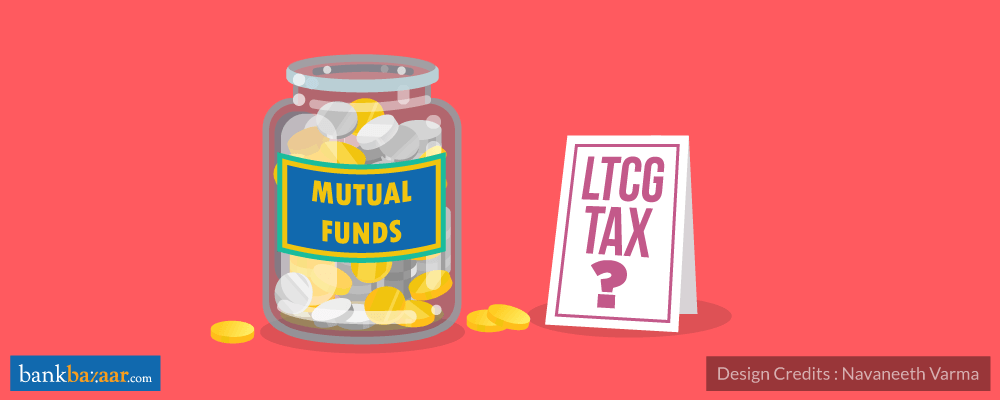The introduction of a 10% tax on long-term capital gains for sale of equity shares and Mutual Funds in this year’s budget has received mixed reactions so far. Read on to know if you should remain invested in Mutual Funds post this announcement.

This year’s budget saw the introduction of a 10% tax on long-term capital gains for sale of equity shares and Mutual Funds. The budget announcement has received mixed reactions so far. While it left many retail investors who look at Mutual Funds investments as their preferred investment totally disappointed, others felt that the blooming markets can ensure optimum returns to make post-tax returns still sufficient for the common investor.
So, will the LTCG move drive away investors to other investment instruments or does it still makes sense to invest in Mutual Funds post-LTCG? Let’s assess this through the article.
Should LTCG Tax Deter You From Mutual Funds?
Gain from sale of any stock or equity oriented fund exceeding a minimum limit of Rs. 1 lakh is now taxed at 10% without indexation. In addition, a dividend distribution tax or DDT at the rate of 10% is also applicable in the hands of every individual equity investor. You may think this is a bad news for an investor, but if long-term wealth building is your need, equity Mutual Funds still are a very lucrative investment option.
Short-Term Capital Gains Vs Long-Term Capital Gains
For all equity funds, a holding period of less than 1 year is short-term and taxed at 15% while over one year is considered long-term and taxed at 10% above Rs. 1 lakh gain with no indexation. With a mere 5% difference in short and long-term capital gains tax, if you are thinking of going short term be aware of the long-term growth potential of the Indian equity market and the value of returns as a long-term wealth building tool.
Equity Mutual Funds – Still A Good Long-Term Investment Option
If data from CRISIL – AMFI Equity Fund Performance Index for December 2017 is to be taken as a yardstick, equity funds have a compounded annual growth rate or CAGR of 35.59 % for 1 year, 13.08 % for 3 years, 17.64 % for 5 years and 8.94 % for 10 years. This means that post taxation returns for equity Mutual Funds even with 10% LTCG is at best diminishing some returns but still offering good value for money over a period of time.
LTCG In Mutual Funds And Other Investment Options
The long-term capitals gains tax that was nil earlier meant investors to focus on long-term investments. Even with the LTCG tax of 10% without indexation, the effective post-tax returns of equity Mutual Funds remains substantially better than other investment instruments.
Majority of other investment options allow taxable returns as per your tax bracket. So for an investor in the top tax bracket of 30%, the tax rate on most investments would be 30% or 20% with indexation benefits. Equity funds still have a lower tax rate obligation of 10% making them a better investment tool compared to most other asset classes.
Finally
LTCG tax in equity Mutual Funds may appear to be a downright negative decision, but the impact if evaluated is not as negative as it may appear. Equity Mutual Funds still remain one of the best instruments for long-term wealth building with substantial post-tax returns.
BankBazaar.com is a leading online marketplace in India that helps consumers compare and apply for Credit Card, Personal Loan, Home Loan, Car Loan, and insurance.